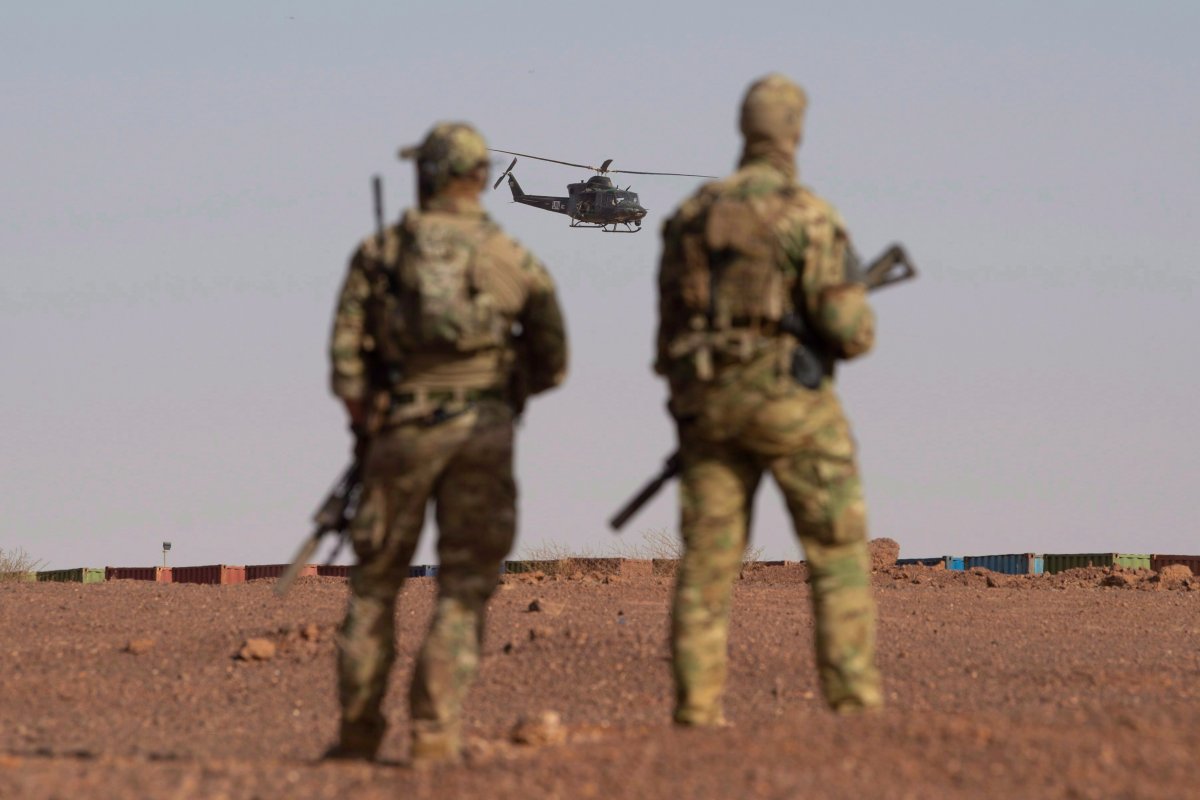Federal victims’ ombudsman Heidi Illingworth is speaking out against what she says are worrying gaps in proposed legislation around victims’ rights in the military justice system.

The Senate is preparing to study a proposed declaration of rights for victims of military crimes after the House of Commons passed legislation late last month with minimal changes.
WATCH: Sept. 15, 2018 — Canadian Forces struggle to diversify

In an interview with the Canadian Press, Illingworth says one of the main deficiencies is that the declaration does not require military police, prosecutors and others to inform victims of their rights.
It’s also unclear in the proposed legislation exactly who is responsible for providing services to victims, she says, which raises the risk that victims will fall through the cracks.
READ MORE: Canada’s last military prison costs $2M a year. About half the time, it has no prisoners
The federal auditor general warned last fall the military had failed to support victims of sexual misconduct, with authorities often failing to tell them about available services or updating them about their cases.
The military says it is working to address the auditor general’s concerns, but Illingworth says improving the proposed declaration would go a long way to assisting those efforts.
- Honda expected to announce Ontario EV battery plant, part of a $15B investment
- Trudeau says ‘good luck’ to Saskatchewan premier in carbon price spat
- Canadians more likely to eat food past best-before date. What are the risks?
- Hundreds mourn 16-year-old Halifax homicide victim: ‘The youth are feeling it’



Comments